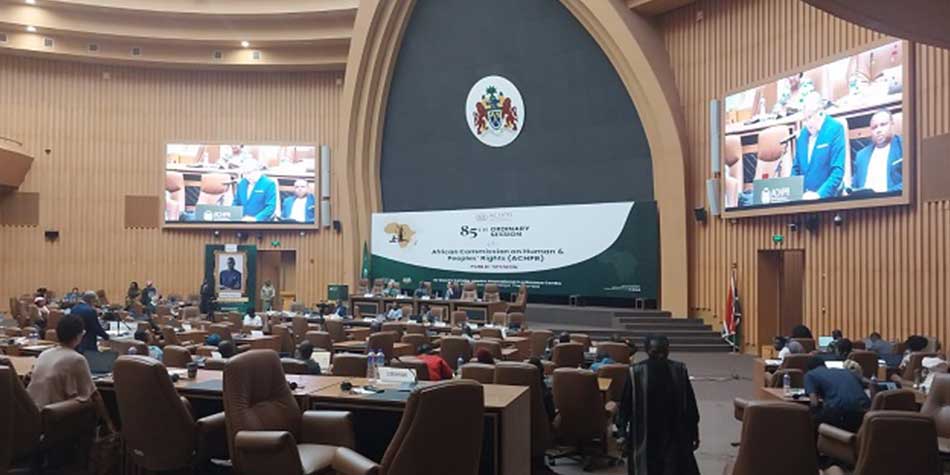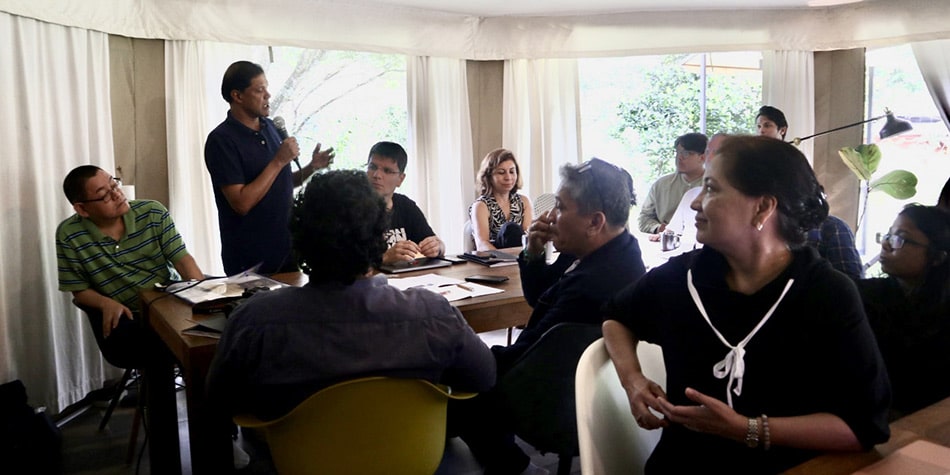The new Tunisia and the death penalty
MENA
“In my entire life, I’ve never heard a debate or a discussion about the death penalty,” said Rabia, a teacher in a local school in downtown Tunis. “In general, I would say I support the death penalty for certain crimes, and certainly for some of the worst people in the old Ben Ali government.”
Rabia’s point of view is typical of post-revolution Tunisia, according to Lotfi Azouz, director of the Tunisian section of Amnesty International. “Following a revolution like the one we’ve just had, there is a great desire for revenge, and for justice,“ said Azouz. “People want to see those who were responsible held accountable for their actions. The death penalty is the traditional way to address this public anger.”
A movement still looking for direction
While many activists, such as journalist Sihem Bensedrine, of World Coalition member CNLT in Tunis, are focusing their energy on what she calls an “unprecedented opportunity for political change presented by the revolution”, Azouz also noted the potential for new campaigns against the death penalty.
“We are seeing a real opportunity at the moment to enlarge our support base in the country, and to increase our lobbying efforts in the government,” explained Azouz.
An abolition bill introduced in 2008 received very little support outside of the representatives who were supporters of Amnesty. “There is a chance to raise awareness in the Tunisian public for the first time in 30 years, about a whole range of subjects, among them the death penalty.”
The government in transition
“The current interim government has little power to change the laws in Tunisia,” noted Bensedrine, “but we can do much to increase public knowledge about the possibility for real change, and to create a political conscience among Tunisians.”
And this new political openness is one of the most astonishing features of Tunisia after the revolution. “Even though many of the old regime are still in power,” said Rabia, “now we can talk. Before, you always looked over your shoulder when you said anything. Now you can say what you like.”
A stressful time
In a country just coming out of 30 years of dictatorship and repression of political freedoms, this willingness to talk may be the most important asset for human rights organizations in general, and abolitionists in particular.
“This is a very stressful time for us,” said Rachid, a professor of Fine Arts in Tunis. “We feel we have so much opportunity to change so many things, and yet so much risk of changing nothing at all.”
This sentiment is being re-echoed everywhere in the country. “We absolutely must re-dynamise the people of Tunisia,” said Lotfi Azouz. “We must make them feel that there is something they can change, that they can have a say in.”







